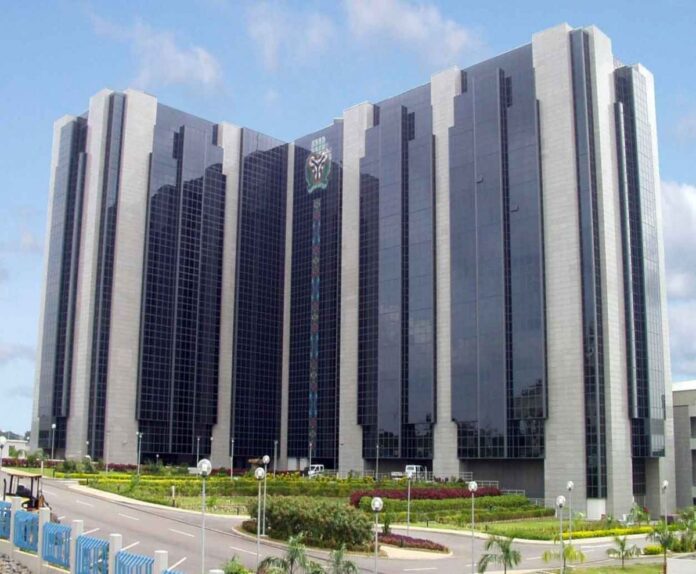Abuja escalates plans to grab citizens’ dormant account funds despite objections
By Jeph Ajobaju, Chief Copy Editor
Banks will soon be asked by the Central Bank of Nigeria (CBN) to transfer funds in accounts that have been dormant for up to 10 years into a Trust Fund which Abuja plans to use to pay off debts.
This is contained in draft guidelines on the Management of Dormant Accounts, Unclaimed Balances and Other Financial Assets in Banks and Other Financial Institutions In Nigeria, with an accompanying circular to banks.
The guidelines were in response to requests from banks and other stakeholders for the CBN to clarify the procedure to manage dormant and inactive accounts in banks across the country, according to the circular.
The circular, signed by CBN Director of Financial Policy and Regulation, Chibuzor Efobi, also sought inputs from banks within three weeks.
The draft said banks and other financial institutions are expected to transfer all unclaimed funds into an Unclaimed Balances Trust Fund Pool Account to be domiciled at the CBN.
The balances would be invested in government securities like Treasury Bills and be returned to the beneficiaries not later than 10 days of notice, the document added.
“The Central Bank of Nigeria shall open and maintain an account earmarked for the purpose of warehousing unclaimed balances in eligible accounts. The account shall be called ‘Unclaimed Balances Trust Fund Pool Account,” the CBN explained.
_______________________________________________________________
Related articles:
National debt shoots up to N46.25tr
CBN recovers N3.7tr from N9.3tr business loans
CSOs alert Buhari’s reckless borrowing may cost Nigeria foreign assets
__________________________________________________________________
Eligible accounts, financial assets
The eligible accounts and financial assets are current, savings and term deposits in local currency; domiciliary accounts; deposits towards the purchase of shares and mutual investments; prepaid card accounts and wallets; proceeds of uncleared and unpresented financial instruments belonging to customers or non-customers of FIs; unclaimed salaries and wages, commissions, and bonuses, per The PUNCH.
Others include proceeds of stale local and/or foreign currency drafts not presented for payment by beneficiaries; funds received from a correspondent bank without sufficient details as to the rightful beneficiary and/or a recall of funds made to the remitting bank to which the Nigerian bank’s account has not been debited and a judgment debt for which the judgment creditor has not claimed the amount of judgment award.
The CBN said any bank or financial institution that contravenes any provision of the new guidelines would attract a penalty of not less than N2 million.
Failure to comply with CBN’s directive in respect of any infraction would attract a further penalty of N200,000 daily until the directive is complied with or as may be determined by CBN.
The objectives of the guidelines, the CBN explained, are to “identify dormant accounts/unclaimed balances and financial assets with a view to reuniting them with their beneficial owners; hold the funds in trust for the beneficial owners; standardise the management of dormant accounts/unclaimed balances and financial assets; and establish a standard procedure for reclaim of warehoused funds.”
The CBN said it would publish an annual list of the owners of the unclaimed balances transferred to the Pool Account as well as the procedure for reclaim of warehoused funds.
The federal government plans in Finance Act 2020 to borrow unclaimed dividends and funds in dormant account balances of Deposit Money Banks, as disclosed under Part XII of the Companies and Allied Matters Act (CAMA) in the Finance Act.
The move triggered reactions from stakeholders plus a lawsuit against the government by the Socio-Economic Rights and Accountability Project (SERAP) in 2021.











